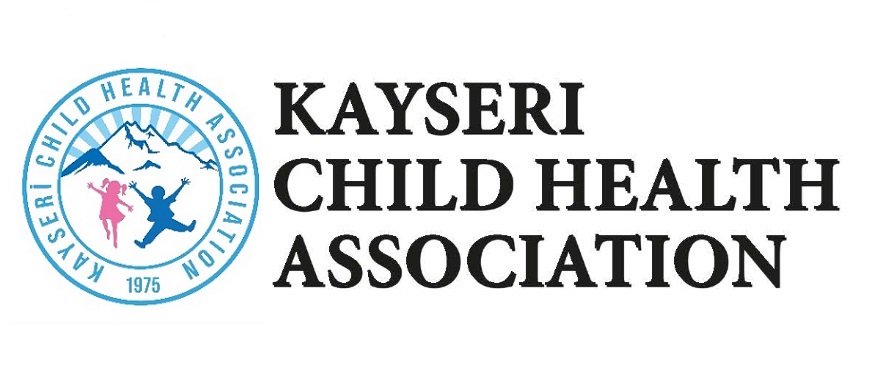Thyroid Autoantibody Positivity Based on Individual Compliance with a Gluten-free Diet in Pediatric Patients with Celiac Disease
Gluten-free Diet Compliance and Thyroid Autoimmunity in Pediatric Celiac Patients
DOI:
https://doi.org/10.4274/jpea.2025.456Keywords:
Gluten exposure, thyroid autoantibody, celiac autoantibodyAbstract
The prevalence of concurrent celiac disease (CD) and autoimmune thyroid disorders is elevated relative to the general population, and it has been proposed that non-adherence to a gluten-free diet (GFD) exacerbates this risk. This study aimed to assess individual adherence to a GFD in children with CD and to examine the correlation between celiac antibody positivity and thyroid autoantibody positivity. Three hundred and thirty-four cases with CD, were retrospectively evaluated in terms of their age at diagnosis, duration of CD, individual compliance with GFD, and celiac [tissue transglutaminase antibody, tissue thyroglobulin (tTG)- immunoglobulin A (IgA)] and thyroid autoantibody (anti-thyroid peroxidase, anti-TG) positivity. The cases were divided into two groups: Group 1, with positive thyroid autoantibodies, and group 2, with negative thyroid autoantibodies. They were compared in terms of the same parameters. Additionally, the relationship between compliance with a GFD, duration of CD, and thyroid autoantibody positivity was examined. The average age of the cases was 10.8±4.1 years, with 63.5% being female. The median age at diagnosis of CD was 6.5 years, and the average time from onset to diagnosis was 2.7 years. In 47% of patients, individual compliance with the diet was poor; 69% tested positive for tTG-IgA, and 7.2% were positive for thyroid autoantibodies. The age at diagnosis of CD in group 1 was greater than that in group 2 (7.4 vs. 6.5 years, p=0.454), and the duration of CD was significantly longer in group 1 compared to group 2 (4.9 vs. 2.5 years, p=0.002). The prevalence of tTG-IgA positivity and inadequate individual adherence to the GFD were greater in group 1 compared to group 2 (79% vs. 68%, p1=0.258, 58% vs. 46%, p2=0.236, respectively). Our research shows that the rising prevalence of thyroid autoantibody positivity correlates with both older age at diagnosis and extended duration of celiac disease, implying that prolonged gluten exposure may play a role in thyroid autoimmunity.
Downloads
Published
How to Cite
Issue
Section
License
Copyright (c) 2023 The Journal of Pediatric Academy

This work is licensed under a Creative Commons Attribution-NonCommercial-NoDerivatives 4.0 International License.








